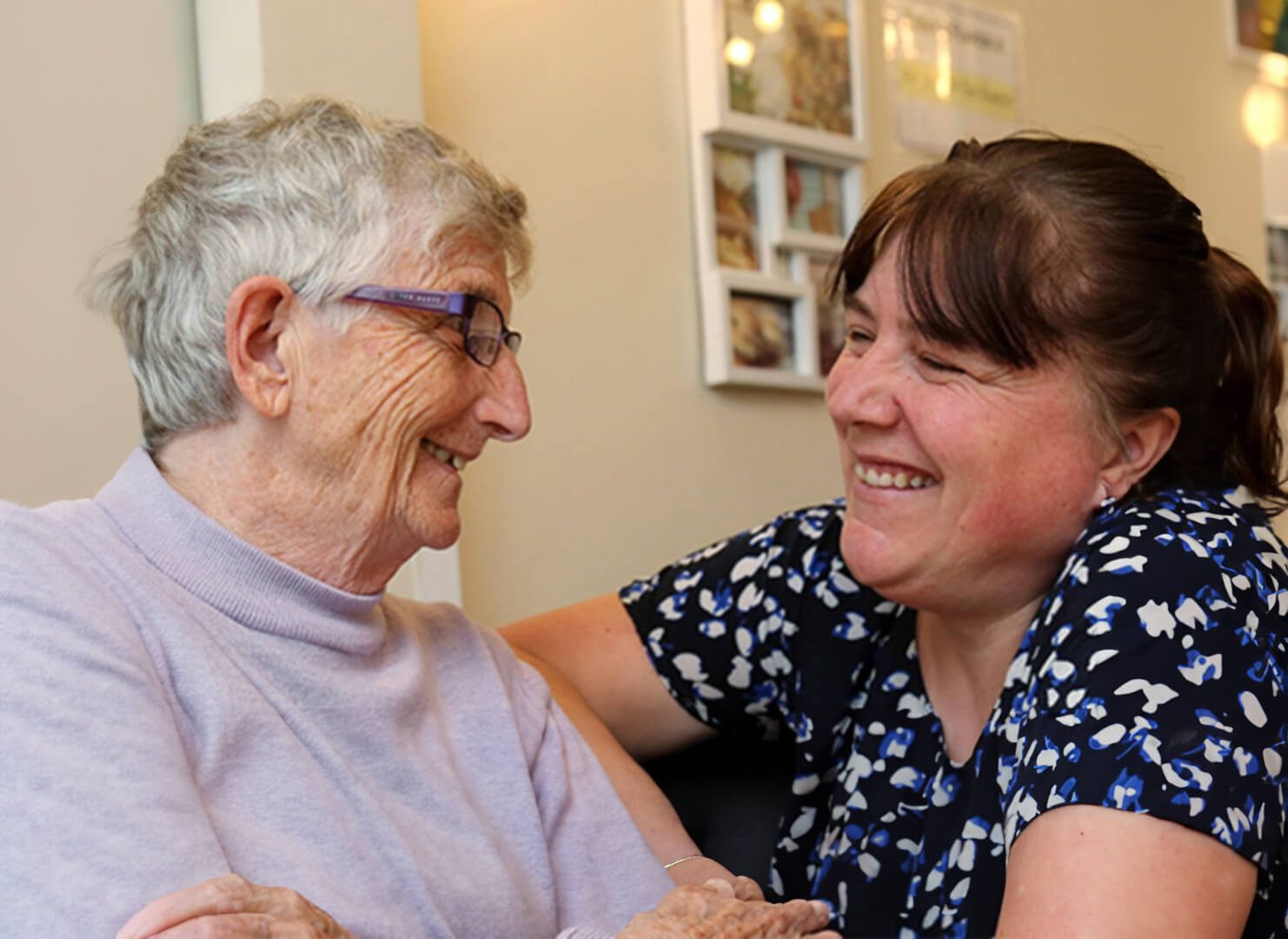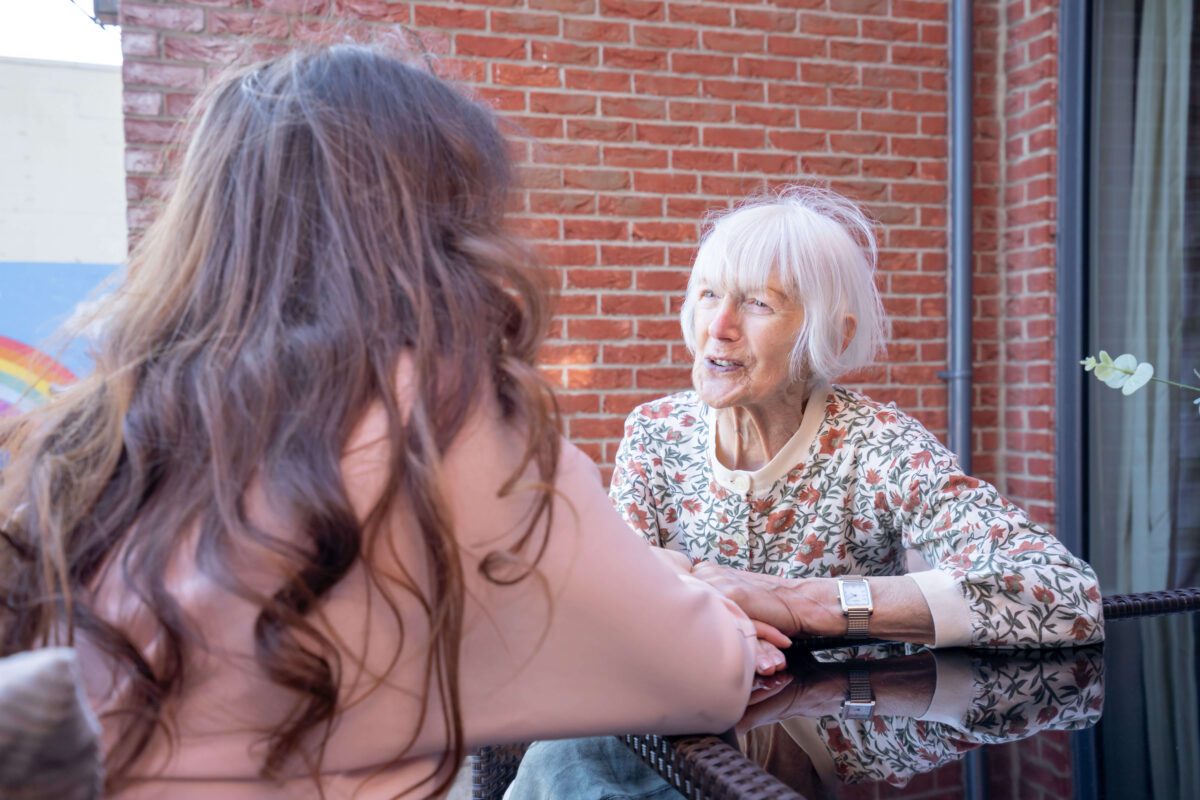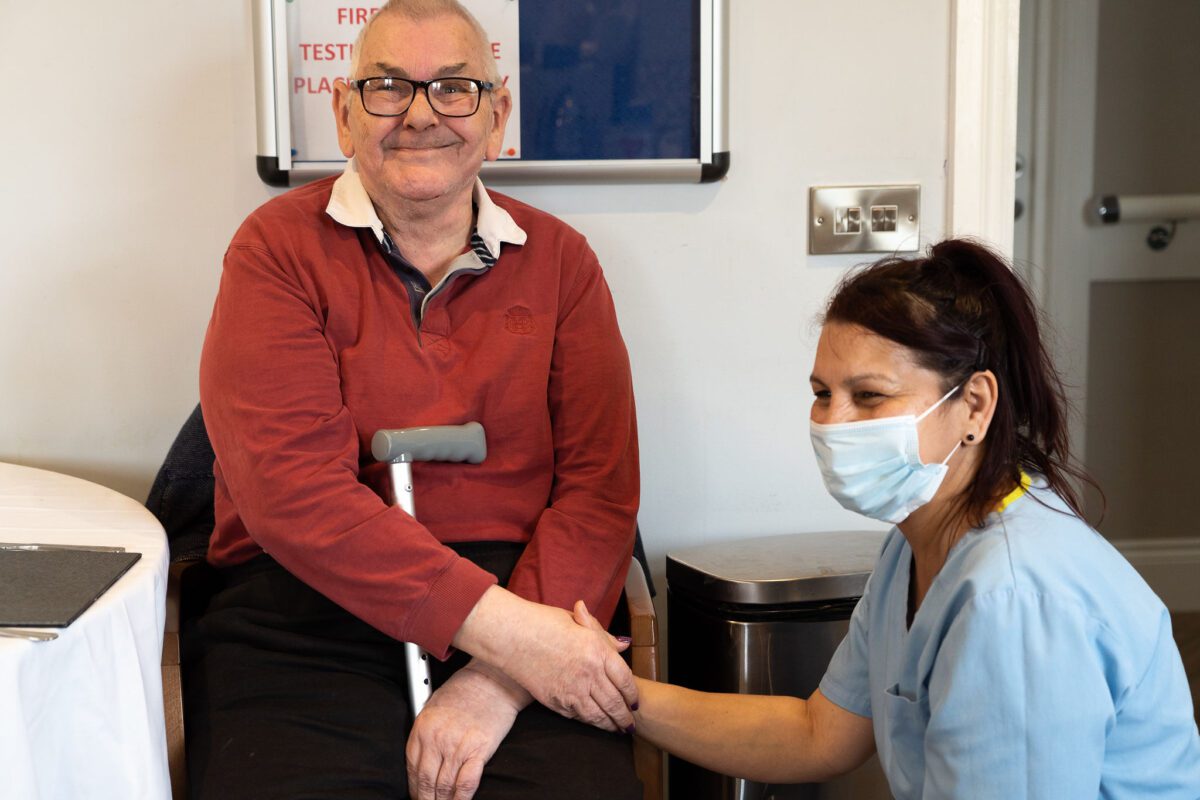Are You Looking For A Care Home or Nursing Home? Fill out the call back form below and we will be in touch
Our Dementia Care Stories
Dementia manifests differently in everyone. To manage it effectively, it needs to be approached in a way that considers the unique needs of each individual.
In some care homes, medication and sedation are preferred methods for managing residents with dementia. This is usually due to limited budgets and resources. As you can imagine, this approach can have serious negative consequences on a person’s health and well-being.
Medication may mask the underlying causes of behavioural symptoms, leading to over-reliance on medication and increasing the risk of adverse effects. It can also have a negative impact on the resident’s quality of life and sense of dignity. This can result in social isolation, decreased mobility, and cognitive decline.
At LuxuryCare’s nursing homes, we do things differently. We believe that medication should only be used when necessary and in consultation with medical professionals. Whenever possible, we prefer to use the Staged Behavioural Model of Care to manage dementia instead.
Our approach is based on promoting independence, engagement, and social interaction to support our residents’ well-being. We recognise that caring for individuals with dementia can be complex, which is why our staff are trained to provide compassionate care to residents who present behaviour that may pose challenges.
To illustrate the effectiveness of our approach, we would like to share case examples of three of our residents at Aranlaw House. We have obtained permission from their next of kin to use their relative’s experience as a case study while protecting their privacy and confidentiality.
These examples highlight the behaviours exhibited at each stage of dementia, as well as the interventions we used to help the residents feel more secure and comfortable. We believe that these examples demonstrate how behavioural management is a far superior approach to medication management for individuals with dementia.
























